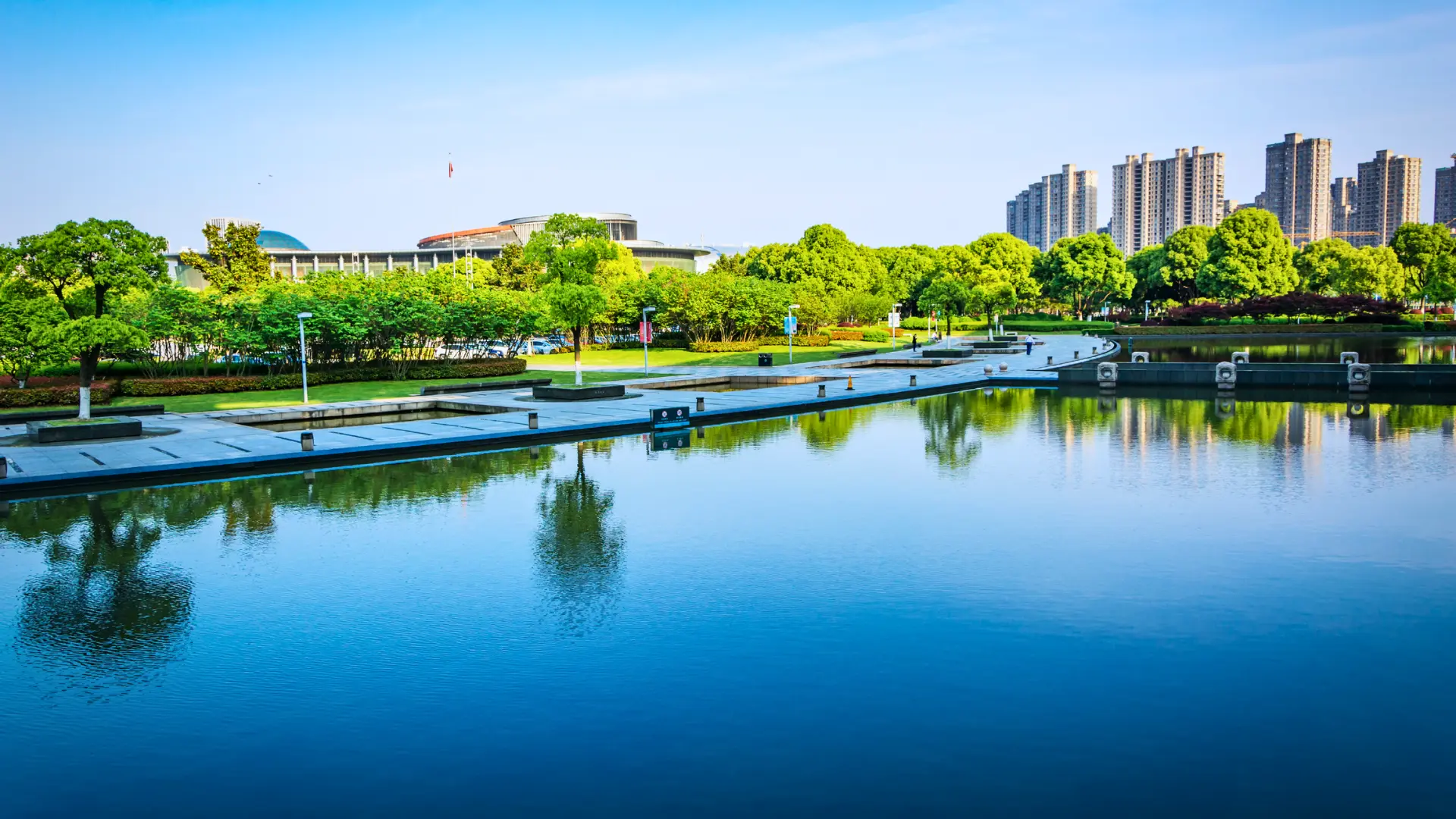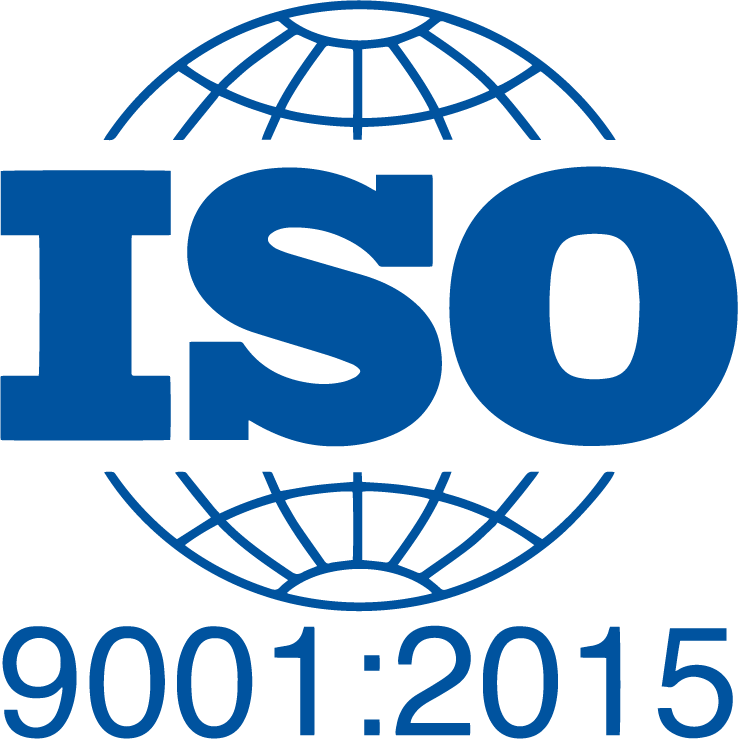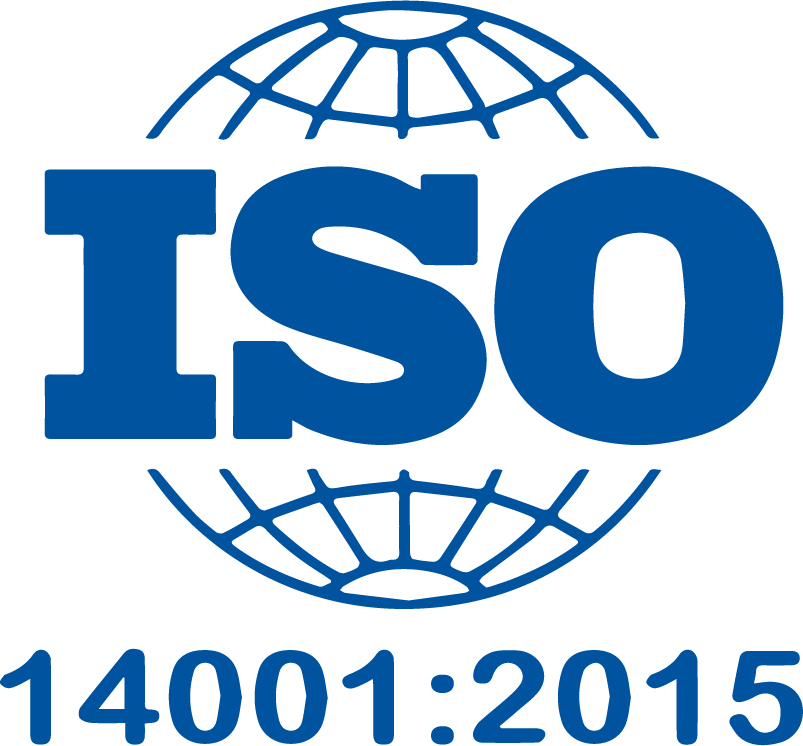World Water Day 2024 and the importance of Sustainable Design.
Every year, on March 22, the world celebrates World Water Day, an opportunity to reflect on the crucial importance of this precious commodity and the management of water resources, especially in the face of numerous global challenges. Today, population growth, rapid urbanization, climate change and environmental pollution are straining our planet’s water resources. International organizations, research institutes, and government agencies around the world, through their studies, describe a fairly dramatic current picture as millions of people in many countries around the world lack access to clean, safe water, and by 2050 40 percent of the population will be at risk of water stress.
Promoting sustainability through action.
Governments, international organizations, businesses, and citizens have the task of making concrete efforts to promote sustainable design for water; this task, should include targeted public policies, investment in sustainable water infrastructure, development of innovative technologies, and adoption of conscious and responsible daily practices.
Each of us has a role to play in protecting our planet’s water resources, and only together can we make a difference. It is only through a series of shared efforts that it becomes possible to ensure a sustainable and affordable future for all.
Specifically, for a company involved in the design and development of logistics hubs such as ours, it becomes essential to pioneer precisely in this area of Logistics Real Estate, considering the strong impact that the properties in question have from an environmental point of view. Here, adopting a set of behaviors to ensure sustainable management of water resources, mitigation of global water challenges, and promotion of responsible and rational water use become the milestones on which to base one’s design choices and conduct of site activities.
The importance of sustainable design.
Sustainable design, in this context, is a key element in ensuring the responsible use of water through actions that minimize environmental impact, promote resource efficiency, and improve people’s quality of life.
Such a design has the following 5 principles at its foundation:
-
waste reduction: the use of efficient technologies and wastewater recycling are the ways in which our technicians are most aware of the use of the water resource.
-
Resource conservation: protecting aquatic ecosystems, rainwater harvesting and reuse for non-potable purposes is a strategy for sustainable resource management.
-
energy savings: processes related to the energy required to treat, transport and distribute water should be optimized to ensure overall energy savings.
-
technological innovation: flow reducers for showers and sinks, dual-flow toilet cisterns, drip irrigation systems, smart sensors for monitoring consumption, and advanced wastewater treatment plants are part of the technological innovation that offers increasingly efficient solutions for water resource management.
-
community participation: actively involving communities in the management of water resources through environmental education raises awareness of responsible water use by society as a whole, both individually and collectively.










